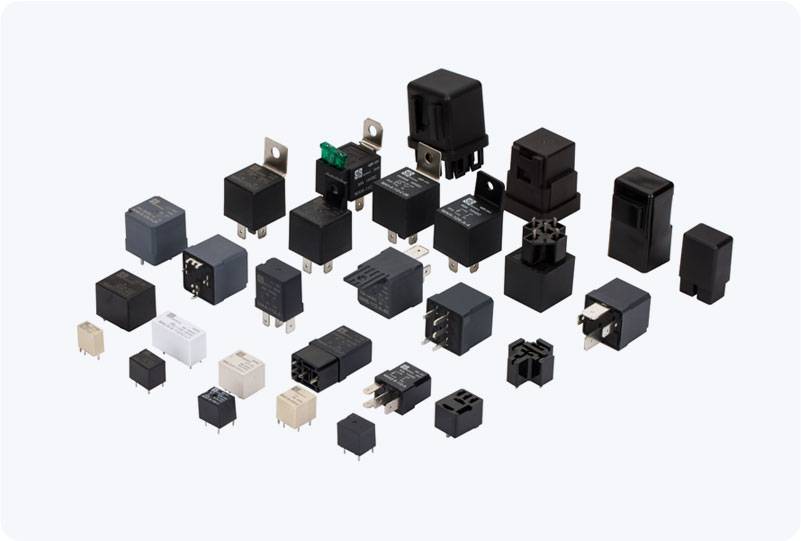In the modern automotive industry, safety and reliability are critical factors in the design and operation of vehicles. As cars become more sophisticated with the introduction of electric vehicles (EVs), autonomous driving systems, and various safety technologies, the need for reliable electrical components has never been higher. One such component that plays a pivotal role in ensuring the safety and efficiency of automotive systems is the automotive relay, specifically those compliant with IEC 61508 standards.

What is IEC 61508? IEC 61508, published by the International Electrotechnical Commission (IEC), is an international standard for functional safety in electrical, electronic, and programmable electronic systems. It primarily focuses on ensuring that systems are designed to handle safety-related risks and provide a predefined level of safety in the event of failures. The standard defines the concept of Safety Integrity Levels (SIL), which measure the risk reduction provided by safety systems. There are four levels of SIL, with SIL 4 representing the highest safety requirement. This standard is crucial for industries such as automotive, aerospace, and industrial automation, where failure could lead to catastrophic consequences.